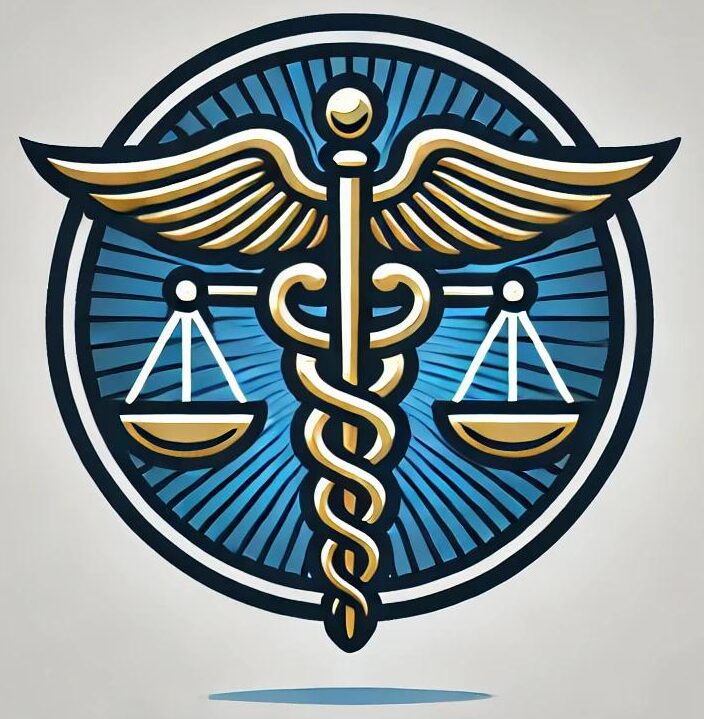With the rise of telemedicine, healthcare delivery has been transformed. However, this rapid evolution raises a pressing question: is telemedicine leading to an increase in medical malpractice cases? Understanding the implications of this shift is essential for healthcare providers, patients, and legal professionals alike.
The Growth of Telemedicine
Telemedicine, also known as telehealth, involves the use of digital technologies to deliver medical care remotely. It has become increasingly popular, especially during the COVID-19 pandemic, providing a convenient and efficient way for patients to receive healthcare services without visiting a medical facility.
Benefits of Telemedicine
Telemedicine offers numerous benefits, including:
- Convenience: Patients can consult with their doctors from the comfort of their homes.
- Accessibility: It improves access to healthcare for those in remote or underserved areas.
- Efficiency: Reduces the need for travel and waiting times, and often leads to faster diagnosis and treatment.
The Rise in Medical Malpractice Claims
Despite its advantages, telemedicine has introduced new risks and challenges. Recent trends indicate a potential increase in medical malpractice cases related to telehealth services. Here are some reasons why:
1. Misdiagnosis and Delayed Diagnosis
One of the most significant risks associated with telemedicine is the potential for misdiagnosis or delayed diagnosis. Without a physical examination, healthcare providers might miss crucial symptoms, leading to incorrect or delayed treatment. This can result in adverse outcomes for patients and subsequent malpractice claims.
2. Technical Issues
Telemedicine relies heavily on technology. Technical issues such as poor internet connection, software malfunctions, or data breaches can compromise the quality of care. Patients may not receive the proper attention or care, increasing the likelihood of errors and malpractice claims.
3. Inadequate Documentation
Proper documentation is crucial in medical practice, and telemedicine is no exception. However, some providers may not document telehealth visits as thoroughly as in-person consultations. Inadequate documentation can make it difficult to defend against malpractice claims.
4. Licensing and Jurisdictional Issues
Telemedicine often involves cross-state consultations, which can lead to licensing and jurisdictional issues. Providers must be licensed in the state where the patient is located. Failure to comply with state regulations can result in legal complications and potential malpractice claims.
Mitigating Malpractice Risks in Telemedicine
To minimize the risk of medical malpractice claims in telemedicine, healthcare providers should consider the following strategies:
- Comprehensive Training: Ensure that all telemedicine providers are adequately trained in using telehealth technologies and conducting remote consultations effectively.
- Clear Communication: Maintain clear and thorough communication with patients. Confirm that patients understand their diagnosis, treatment plan, and any follow-up actions required.
- Robust Documentation: Document telehealth consultations meticulously, including all patient interactions, diagnosis, and treatment plans.
- Compliance with Regulations: Stay informed about and comply with state licensing requirements and telemedicine regulations to avoid legal pitfalls.
- Invest in Technology: Use reliable telemedicine platforms that ensure a stable connection and protect patient data.
Conclusion
While telemedicine offers significant benefits, it also presents new challenges that can lead to medical malpractice claims. By understanding these risks and implementing strategies to mitigate them, healthcare providers can continue to offer safe and effective telehealth services. As the landscape of healthcare evolves, staying informed and proactive is crucial to minimizing legal risks and enhancing patient care.
For more insights and updates on medical malpractice, mediation services, and telemedicine, visit MDJD Dispute Resolution. When you need a mediator or arbitrator, call the physician/attorney!
